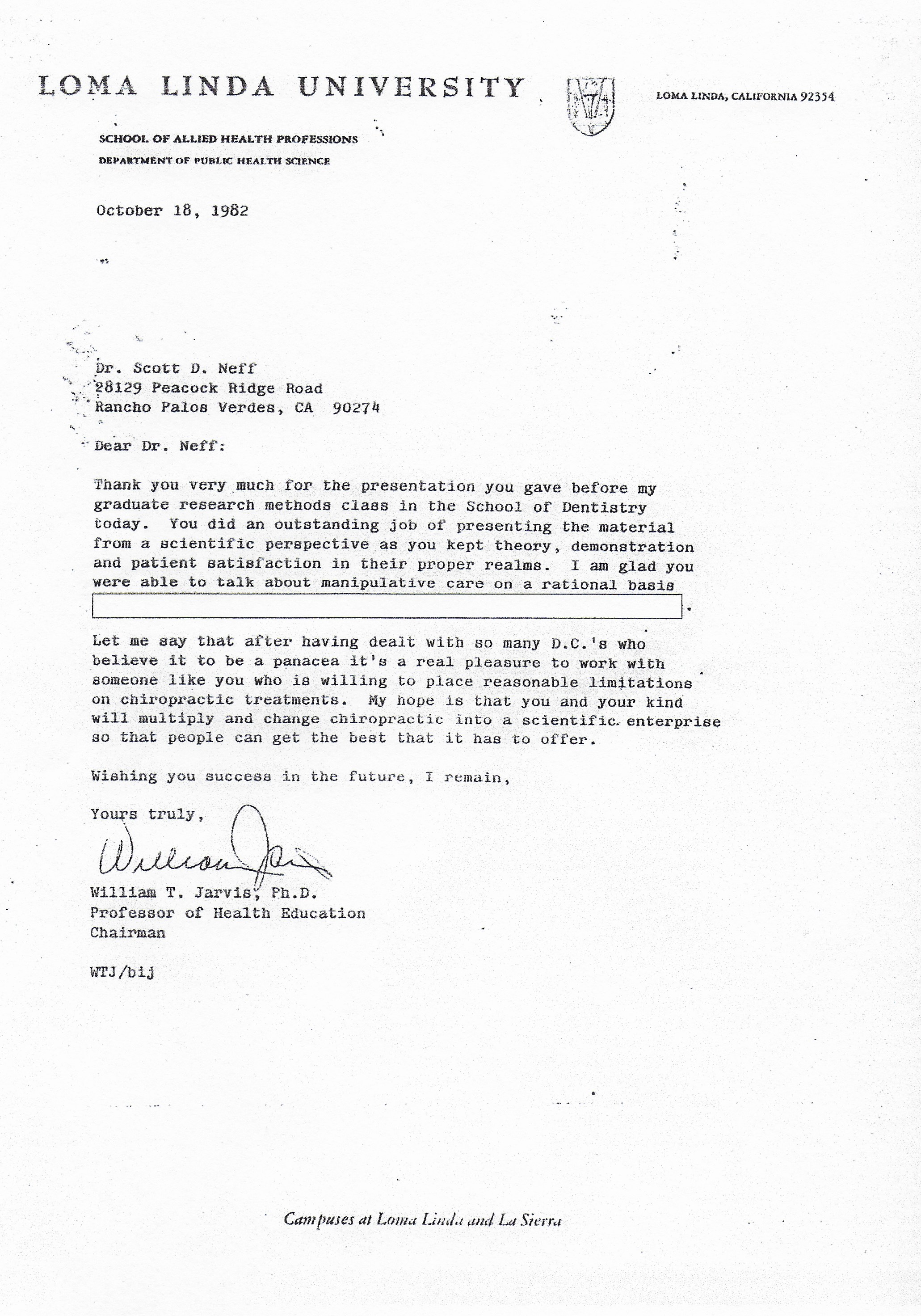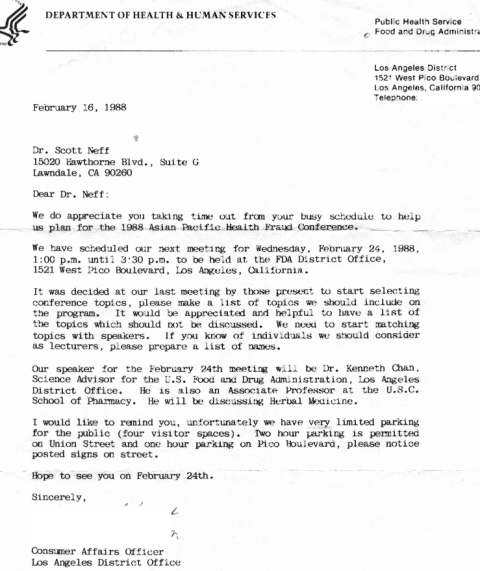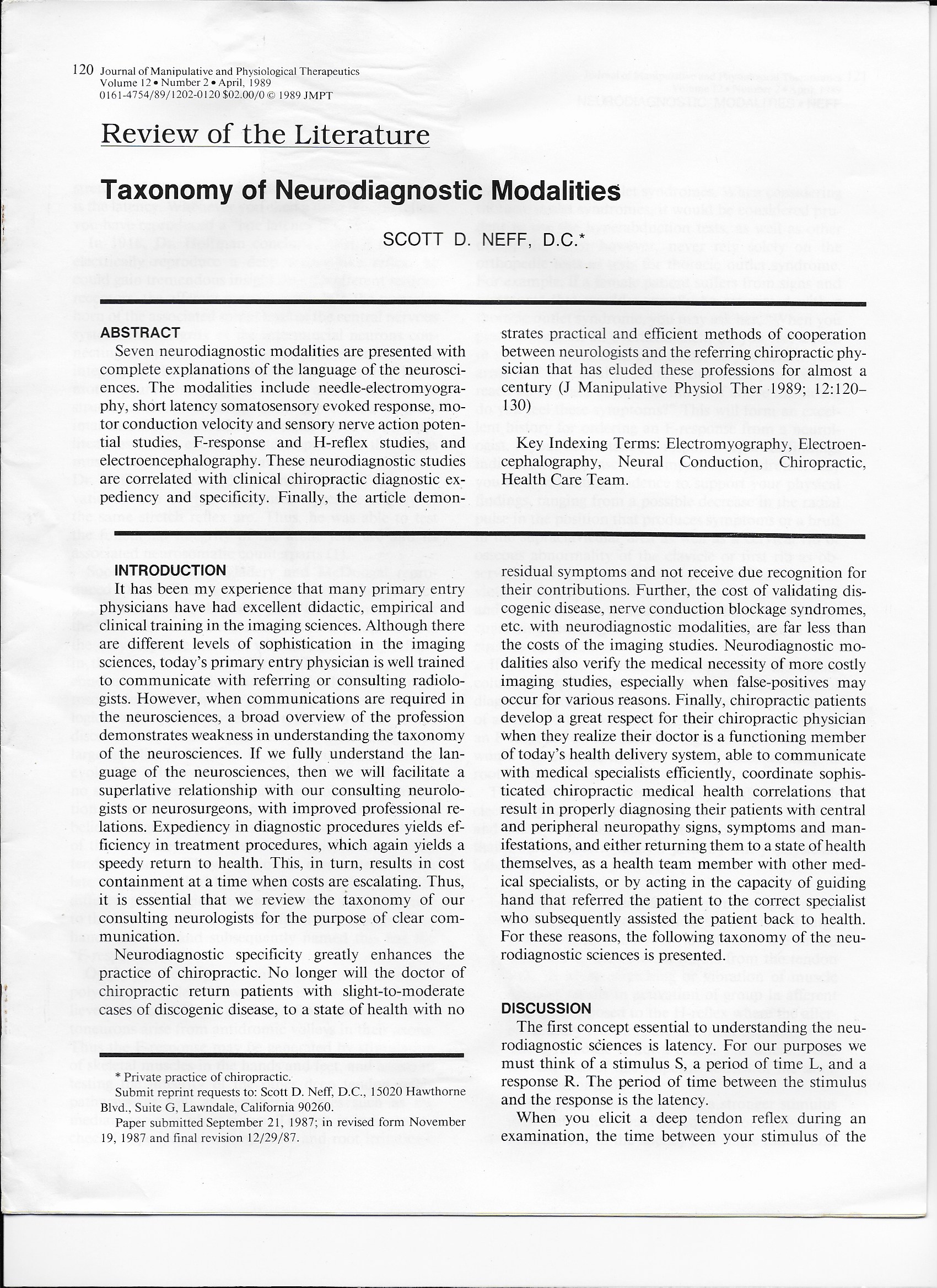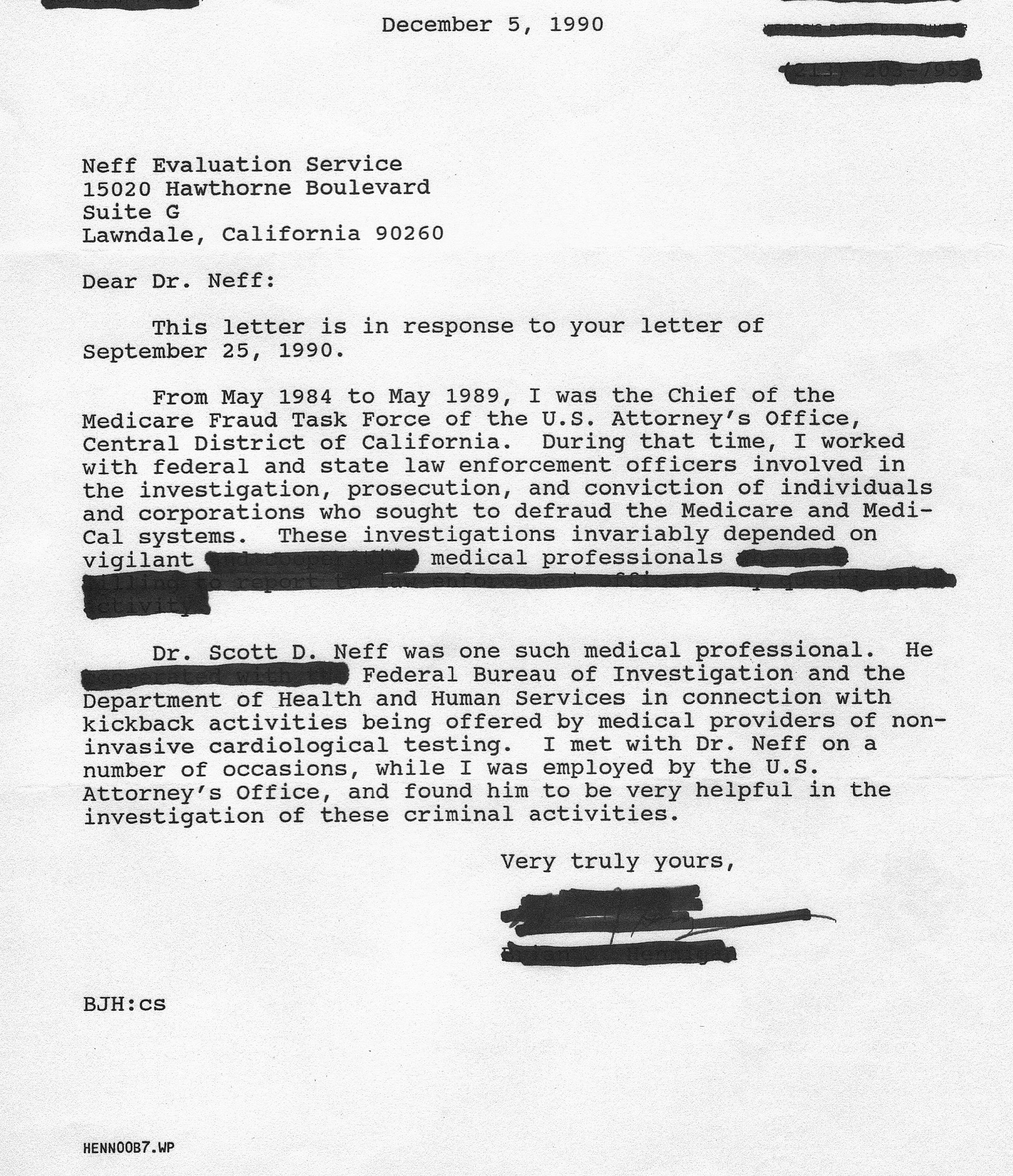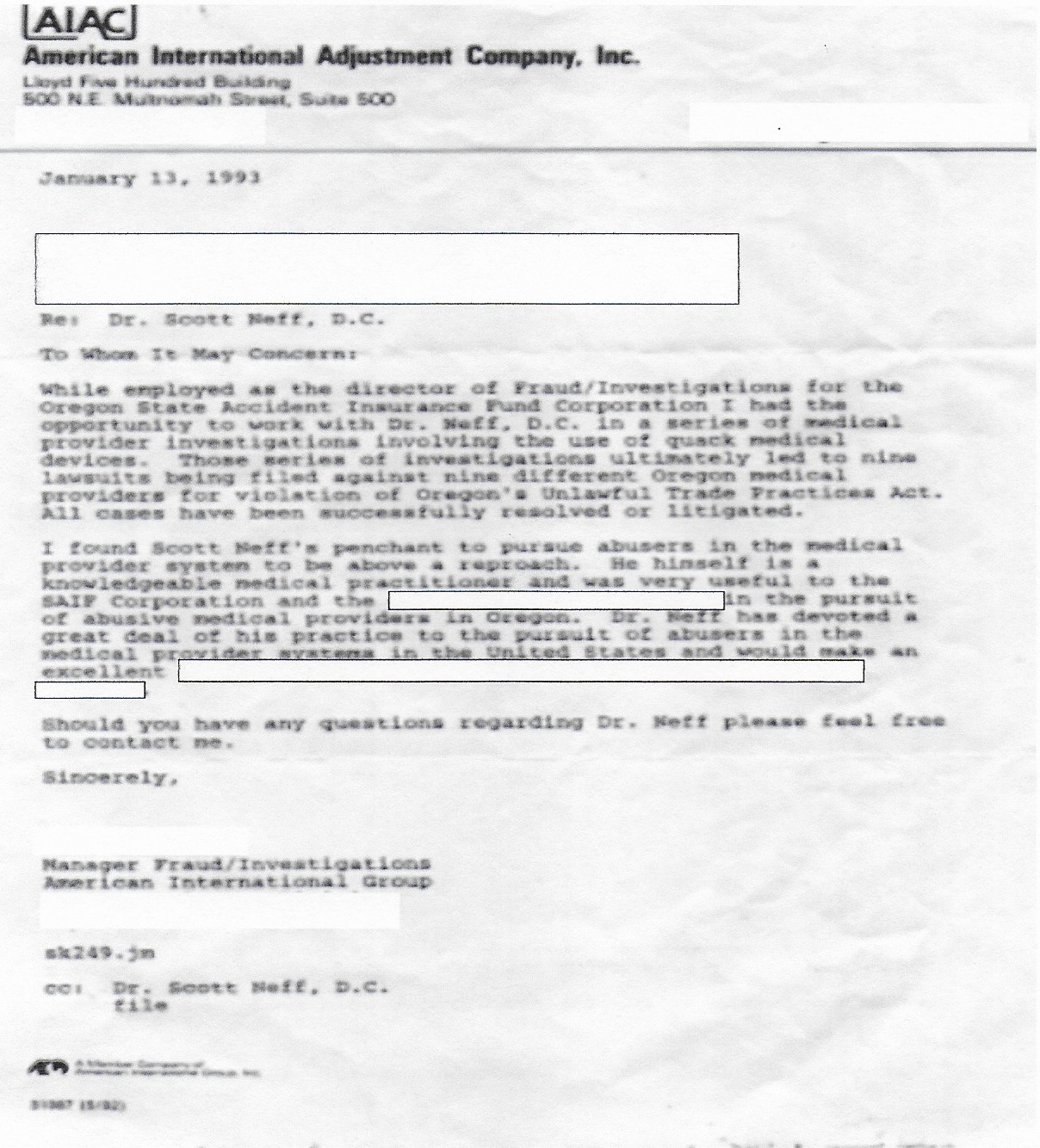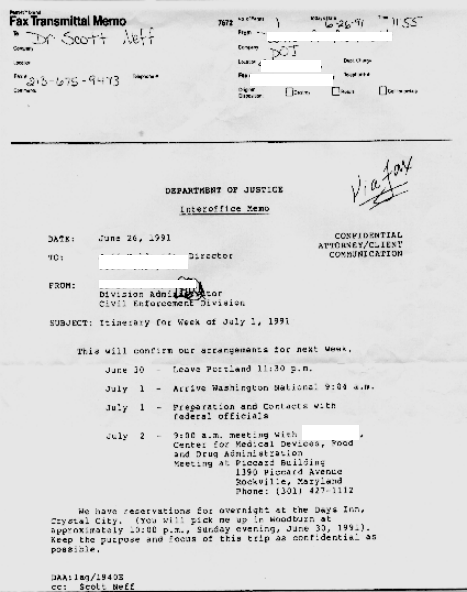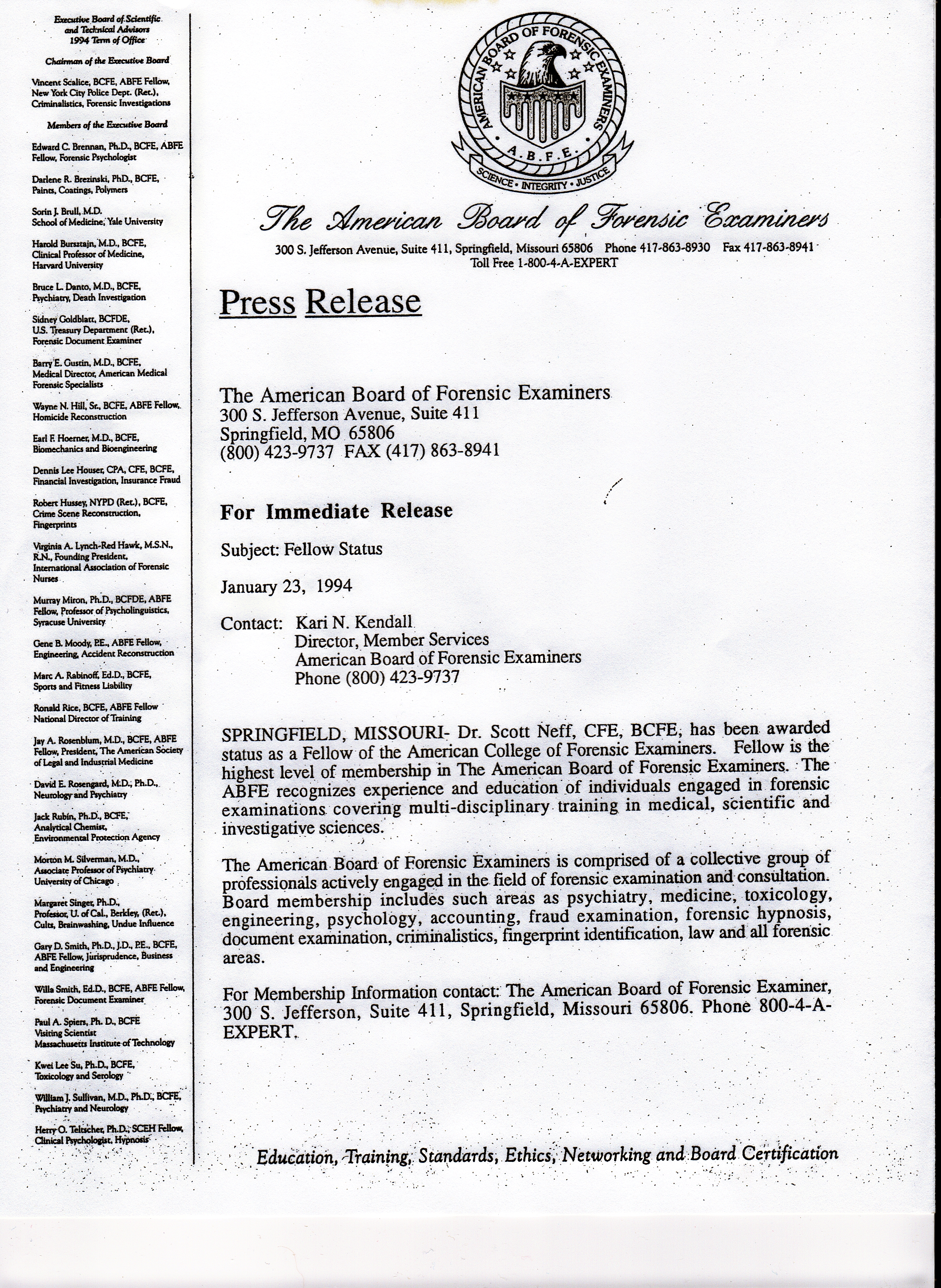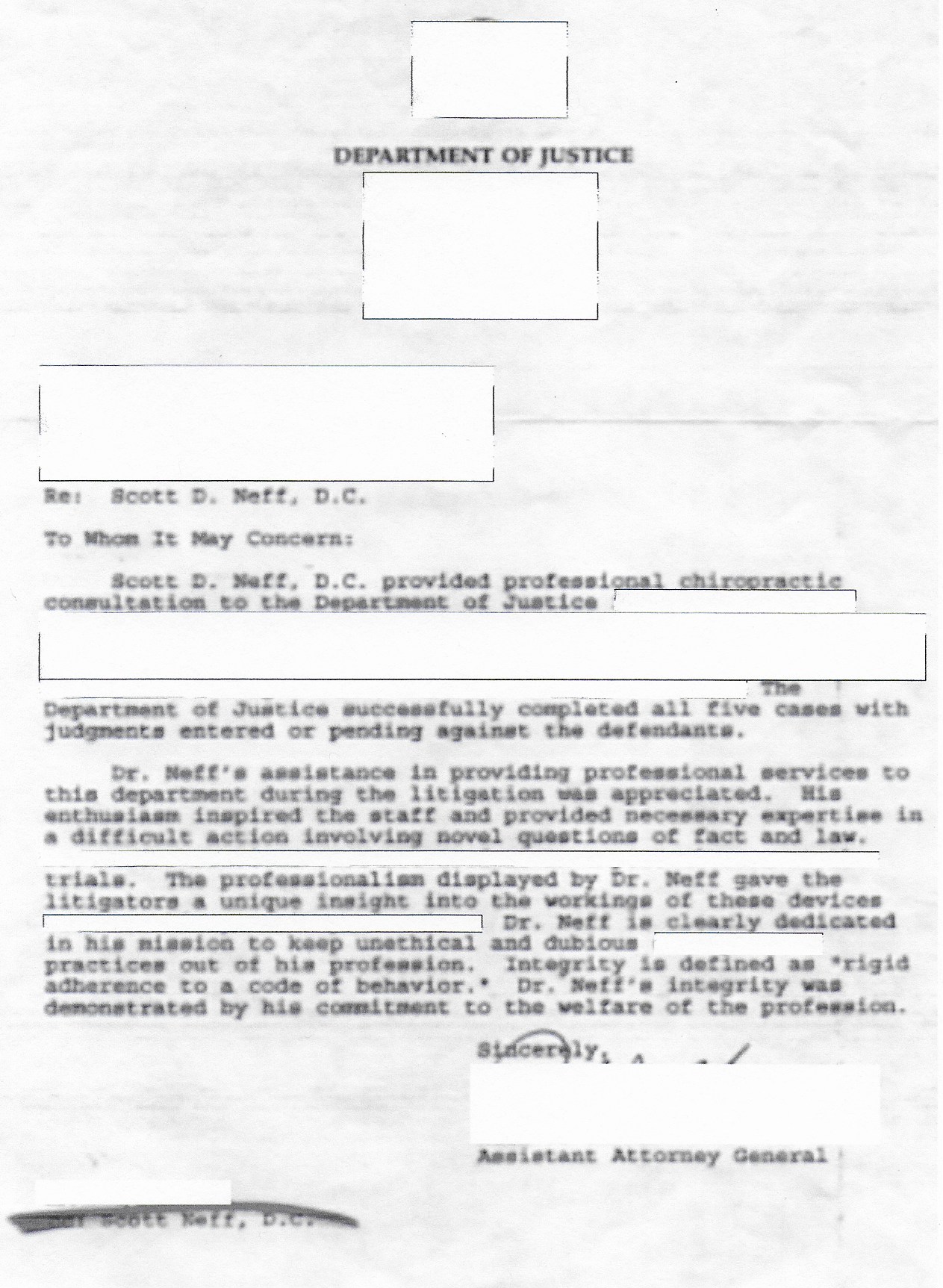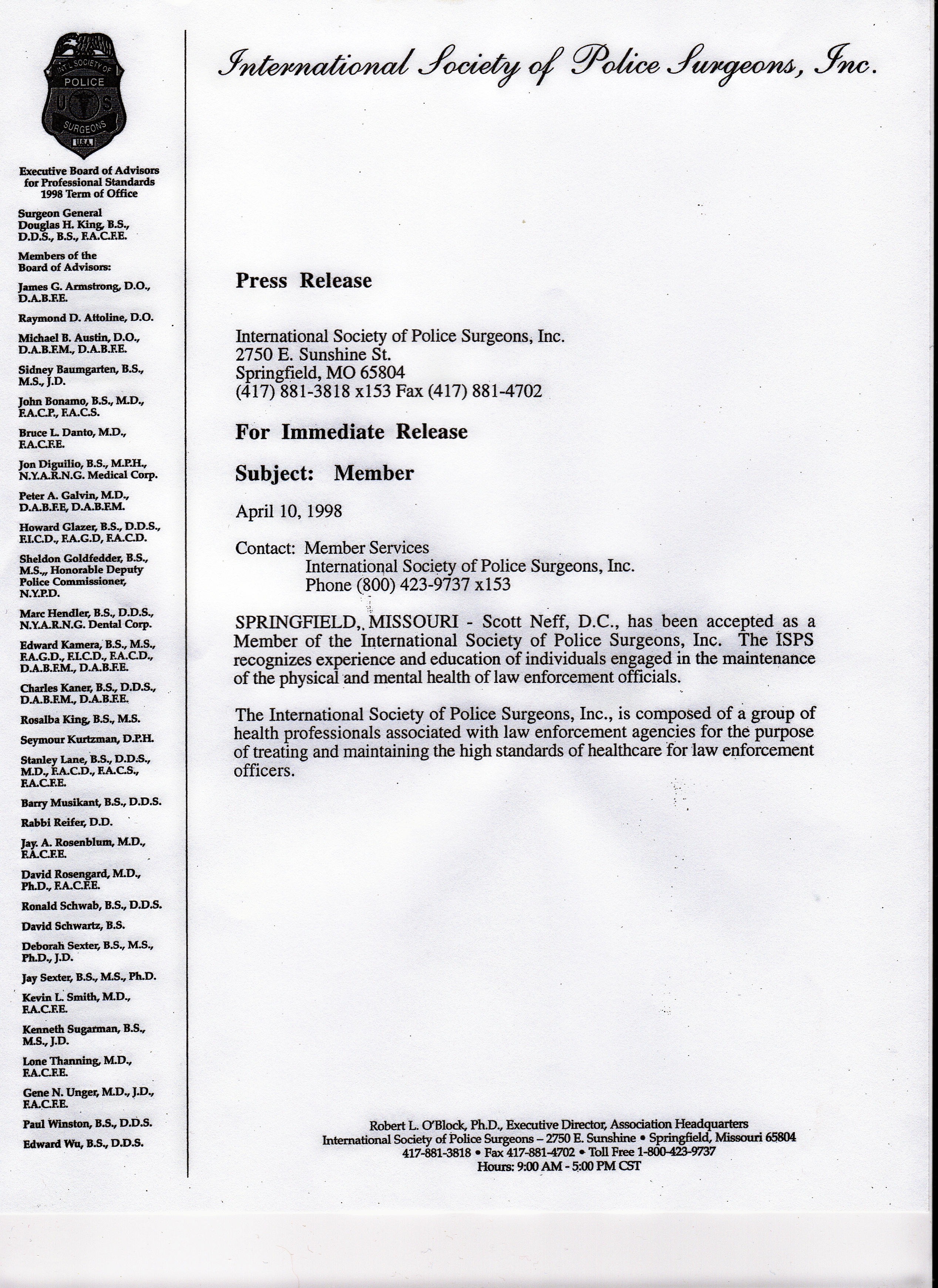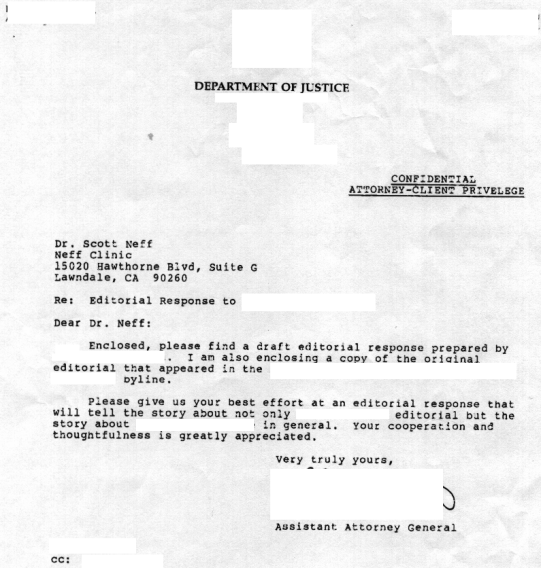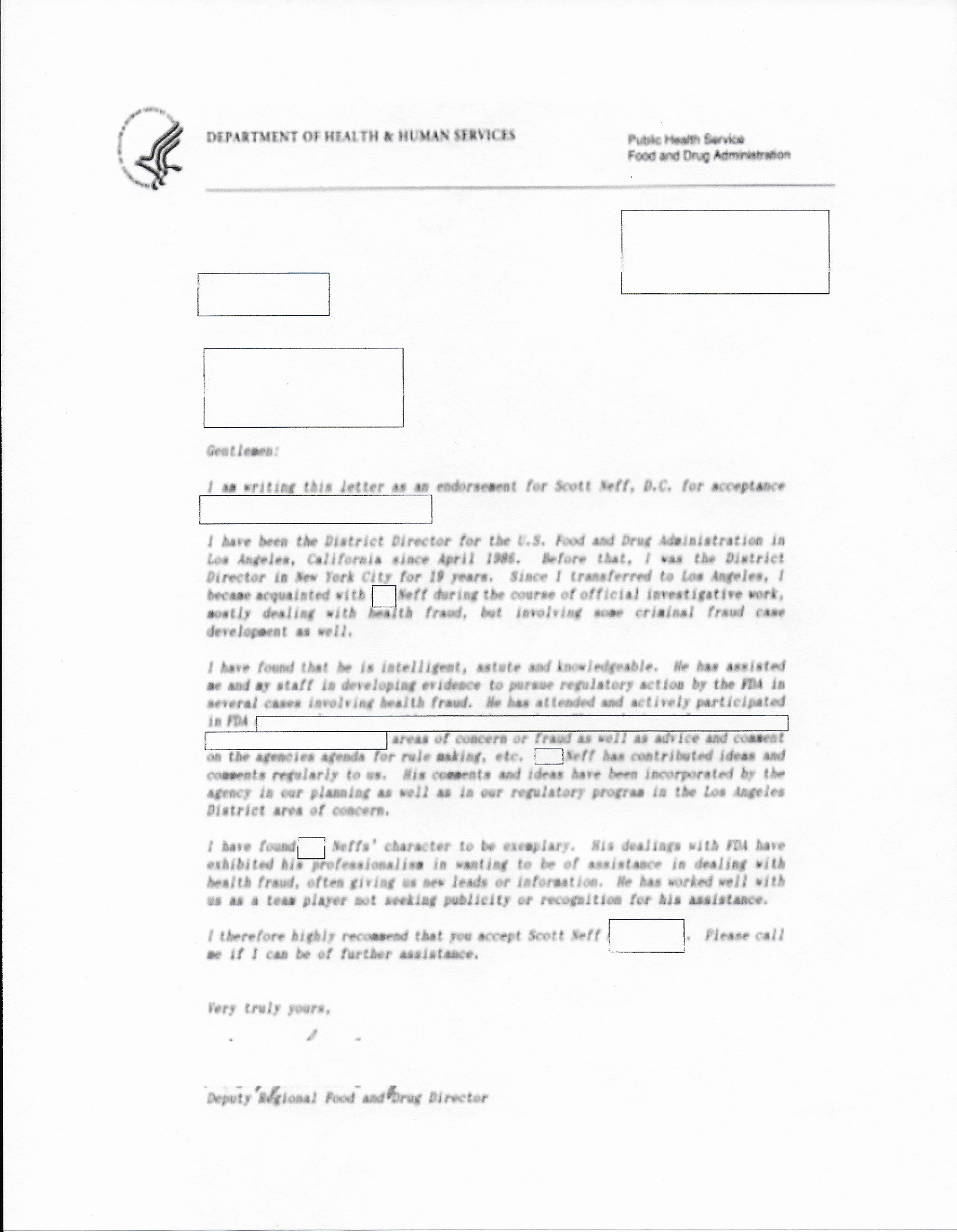©
When investigating a crime, the first assurance in obtaining a successful outcome, must
begin with the basics of information collection and organization.
You must develop the following abilities:
- The ability to grasp the logical outline of a case.
- The ability to facilitate the delivery of information from sources having involvement
with a case.
- The ability to organize collected information in a form that is logical, pertinent and
concise.
Information that I have empirically accumulated combined with that provided by retired
members of the FBI are skills that it takes years to master. These skills are the same
skills that professional security and investigative personnel need, no matter the field of
specialization.
Conducting Criminal Investigations and Obtaining Signed Statements Which are
Self-incriminating or Incriminating Others.
Purpose: Criminal cases may arise from any violation of the law and may range from
simple theft to the most complicated cases of murder, fraud, racketeering, grand larceny,
rape, extortion and defamation of character. In most cases assigned to my bureau, the
client lacks sufficient evidence to prove a crime has been committed and who committed it.
Therefore, the investigator must establish sufficient evidence that a crime was committed,
who committed it, and how it was committed so that the evidence can be turned over to the
appropriate legal authority jurisdiction dependent, for filing of charges, effecting an
arrest, and obtaining a conviction. To accomplish this, the initial investigation must be
accomplished within established Protocol which will ensure that any evidence obtained will
stand the test of judicial review in the light of the rules of evidence, the
rights of the individual against self-incrimination, and the protection of the law against
entrapment.
Evidence: After studying all known facts pertaining to the act or event under
investigation, a decision must be reached as to whether each person who is to be
questioned and from whom a statement is to be obtained may be expected to incriminate
himself. Obviously, there will be times when the investigator must realize that he may not
be able to obtain a properly executed, signed statement which will hold up in court as
evidence against the person making the statement, but may be able to obtain a statement
from one individual which incriminates others, even though the individual giving the
statement is also involved but refuses to incriminate himself. It is often necessary not
to incriminate one or more persons in order to obtain sufficient evidence on the true
perpetrators of the crime. Once a statement is obtained from one person involved in the
act, which incriminates others, the investigation has gained an edge on
these persons when they are interrogated and they may in turn incriminate the first
person. If on the other hand, the person being interrogated can be persuaded to waive his
rights against self-incrimination, a full and complete statement should be obtained which
includes the elements shown below and in the waiver form, which I will discuss in detail
later.
Interrogation Site: In all cases possible, the suspect should be interrogated under
controlled conditions such as the executive offices of his place of employment if the act
is against his employer. This provides a psychological disadvantage to the
suspect and further validates the investigator's case since the interrogation was
conducted on company time and property. Any employer has a legal right to have questions
asked of his employees about his company's business. In other cases, the investigator must
select the site, which will give him the greatest advantage over the suspect.
Immunity from Prosecution: In some cases when the act is against an employer or Law
Enforcement Profession, the Professional may decide to grant immunity to one employee who
was involved but who cooperates, reveals facts, agrees to testify, and incriminates other
as a participant witness. The employer cannot, however, promise immunity of the law when
the act involves a violation of the law and the effects of the act go beyond his place of
employment or Jurisdiction. A simple act of stealing (could be national security data),
although it may be grand larceny in scope, must be substantiated by the person from whom
the item(s) is stolen by filing a complaint, swearing out a warrant, and agreeing to
prosecute and can therefore grant immunity. If he does prosecute the others involved,
however, he has no control over the possibility that they may implicate the person to whom
immunity is granted and if the authorities take the initiative in the pursuit of the
facts, the person to whom immunity is granted will lose the immunity promised by the
employer since the case will be out of his hands so to speak. Under no circumstances can
an investigator or employer promise immunity to any person involved in a crime against
"humanity" such as murder, rape, assault with a deadly weapon, treason and so
forth. Obviously, then the investigator must make every effort to obtain incriminating
statements without any implications, which will stop the investigation and its discovery
from standing the test of judicial review. In part two this examiner will take you from
the initial client contact to trying of the case in the courtroom. I will provide
photocopies of law enforcement "Complaint Report"(s), Discuss further Immunity
from Prosecution, Witnesses, Techniques of Taking an Incriminating Statement.
Reports/Audit format, Why Reports/Audits are necessary, Accuracy, Fact vs. Hearsay,
Opinion, Forensic Evidence, When Reports/Audits are Written, How reports/Audits are
Written and the actual cases of successful prosecution and conviction.
